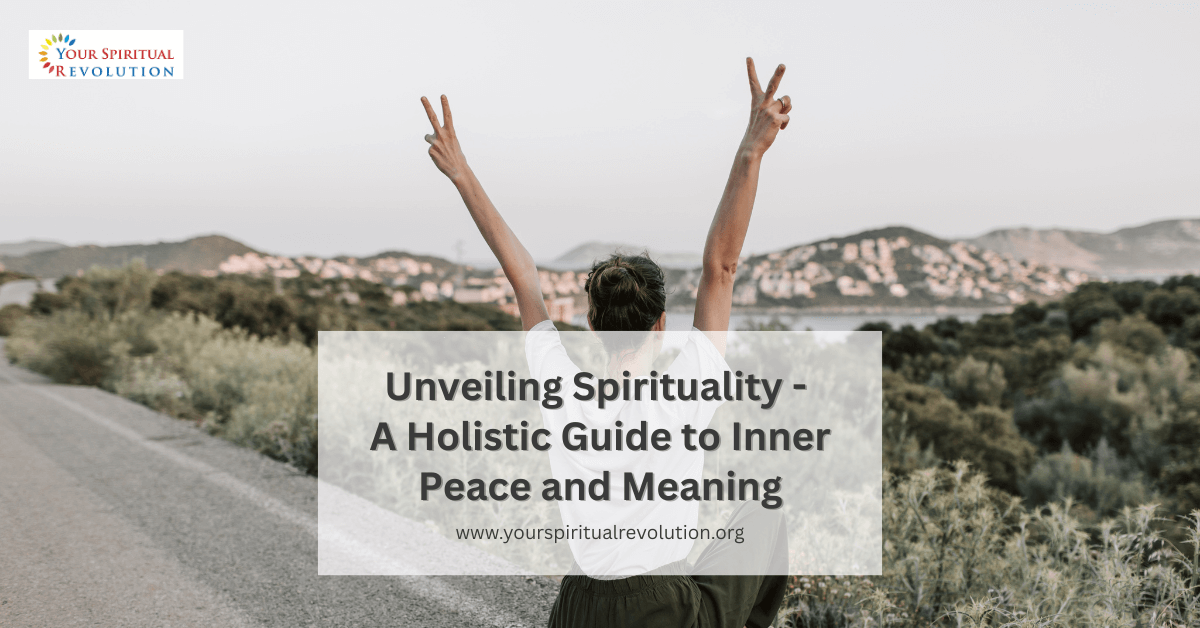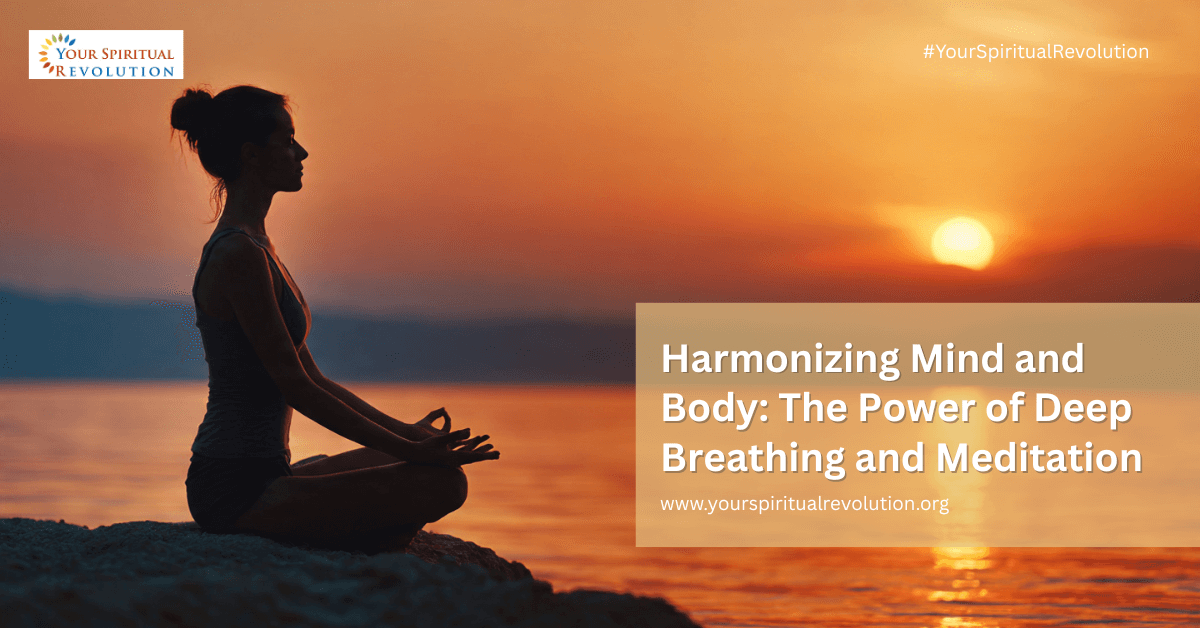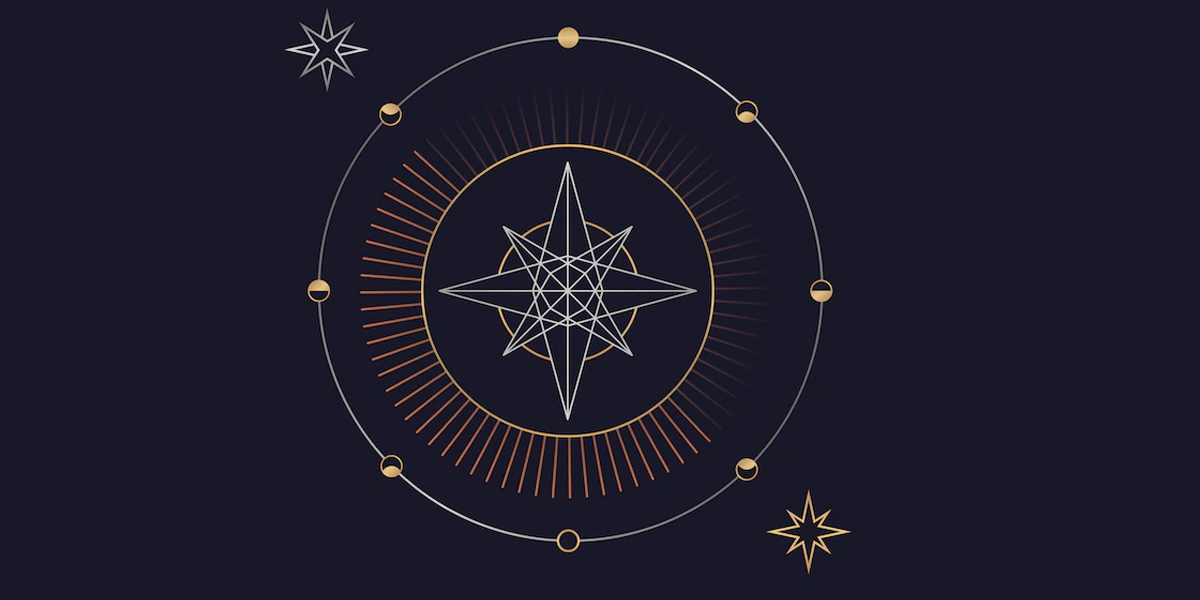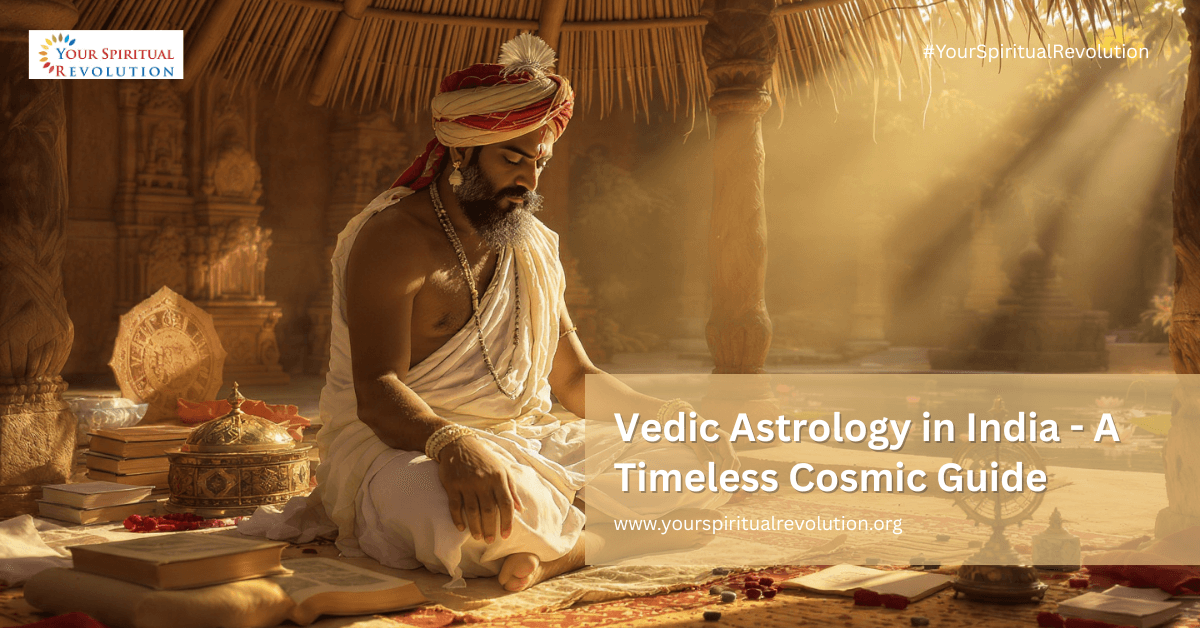

Imagine you are waiting in line at McDonald’s and trying to decide on a Big Mac or a Quarter Pounder. When you reach the front of the line, you decide on the Big Mac. Did you choose freely from these two options? Or was your choice made for you by external factors like your genes, upbringing, and prior experiences. Albert Einstein asserted that every decision we make is a product of prior causes. French philosopher Jean Paul Satre asserted that at each choice point in life we are free to make different decisions. In between these extremes is the view that we have limited or partial free will.
Most of us are not interested in debating whether free will exists. However, most of us are interested in living a comfortable life and making wise choices. A new understanding of free will asserts that via a sufficient understanding of three spiritual principles, we can realize the power of free thought and free will and use it to avoid chronic mental stress, experience more well-being, and make wiser life choices.
Principles—fundamental truths, laws, or facts of nature—account for the operation of every system (e.g., ecological, mechanical, physiological). The principles behind these systems are constantly operating, whether we realize it or not. These principles are impersonal. For example, it is of no consequence to the principles behind electricity if a person doesn’t understand them, touches a frayed wire, and gets electrocuted. The same logic applies to the principles that operate our psychological system. When we have a sufficient understanding of these principles, we can use them in our best interest, realize our power of free thought and free will and use it to experience more well-being, and make wiser life choices. On the other hand, when we have an insufficient understanding of these principles, we can misuse them, cover over our power of free thought and free will, experience chronic mental stress, and make foolish choices.
In 1973, Sydney Banks experienced a “spontaneous spiritual transformation” during which he realized that three spiritual principles account for everyone’s psychological experiences. Banks used the concepts of Universal Mind, Consciousness, and Thought as metaphors to point to these Principles.
Banks saw Universal Mind as the intelligent formless energy that powers all life… a life force energy that enlivens, runs, and organizes the functioning of our body as well as our mind. Universal Mind powers the other two Principles— Consciousness and Thought—that we all use to create our psychological experiences. Banks stated:
“There is only one Universal Mind common to all, and wherever you are it is with you always… constant and unchangeable… All humans can synchronize their personal mind with the impersonal Mind to bring harmony into their lives.”
Banks referred to Consciousness as our power to be conscious, to take in life, to have experience and be aware of that experience… the gift of awareness that allows us to see creation… that enables us to observe and experience the existence and the workings of the world we live in.
Consciousness enlivens our thoughts through our senses and makes our psychological experiences—our feelings, perceptions, states of mind, symptoms—appear real to us from the “inside-out.”
Banks (1998) referred to Thought as the creative agent we use to direct us through life… the power we use to create our thoughts in the first place and make meaning of those thoughts with other thoughts. Banks (1998) said:
… there would be no reality without Consciousness and Thought… Consciousness gives our five senses the ability to react to life: our seeing, our smelling, our touching…This is what brings it all to life. But it can’t come in by itself. It must have a thought… Our thoughts in turn create our character, our behavior, and the behavior of all humanity.



































































Mudras, symbolic gestures predominantly performed with hands and fingers, hold deep significance across Hinduism, Jainism,

If you have lived with anxiety, depression, trauma or burnout for years, you may feel

Spirituality, a concept as ancient as humanity itself, has evolved from its traditional religious roots

In our fast-paced world, finding moments of calm can be challenging. Deep breathing and meditation

Delve into the profound world of Jyotisha, the traditional Hindu system of astrology deeply interwoven
| Cookie | Duration | Description |
|---|---|---|
| cookielawinfo-checkbox-analytics | 11 months | This cookie is set by GDPR Cookie Consent plugin. The cookie is used to store the user consent for the cookies in the category "Analytics". |
| cookielawinfo-checkbox-functional | 11 months | The cookie is set by GDPR cookie consent to record the user consent for the cookies in the category "Functional". |
| cookielawinfo-checkbox-necessary | 11 months | This cookie is set by GDPR Cookie Consent plugin. The cookies is used to store the user consent for the cookies in the category "Necessary". |
| cookielawinfo-checkbox-others | 11 months | This cookie is set by GDPR Cookie Consent plugin. The cookie is used to store the user consent for the cookies in the category "Other. |
| cookielawinfo-checkbox-performance | 11 months | This cookie is set by GDPR Cookie Consent plugin. The cookie is used to store the user consent for the cookies in the category "Performance". |
| viewed_cookie_policy | 11 months | The cookie is set by the GDPR Cookie Consent plugin and is used to store whether or not user has consented to the use of cookies. It does not store any personal data. |